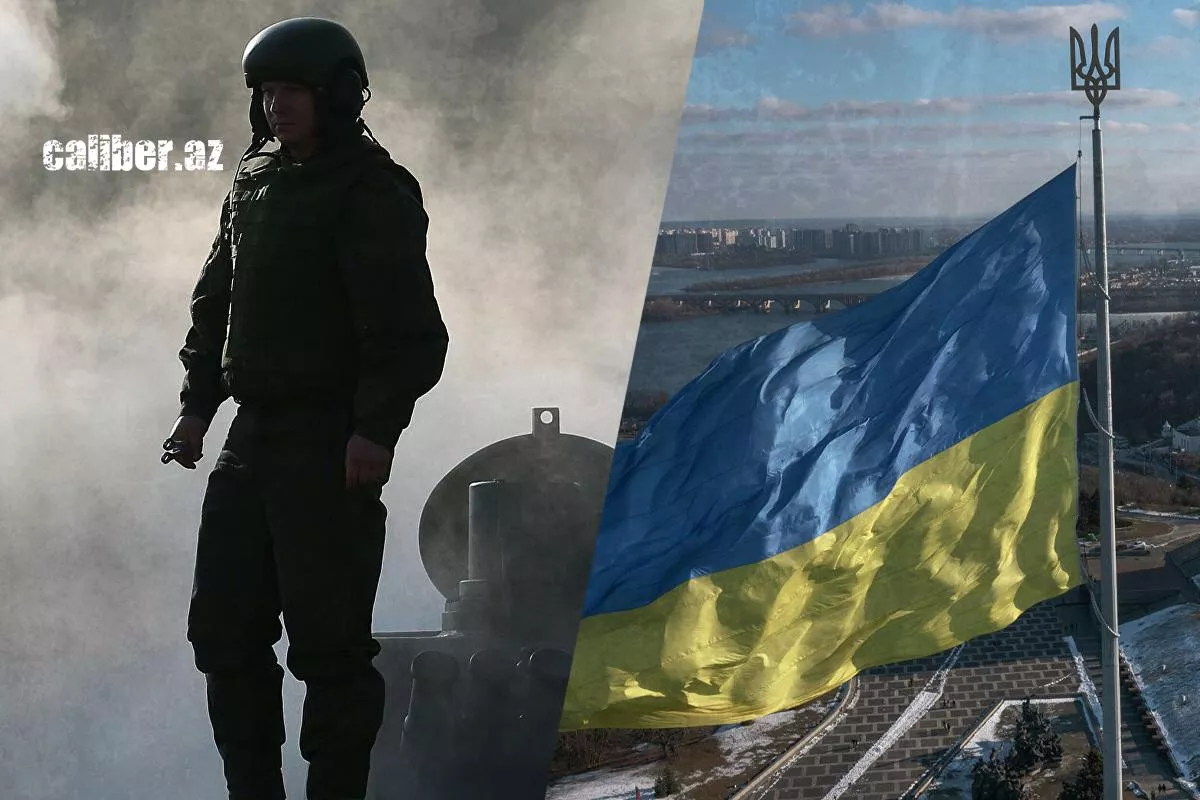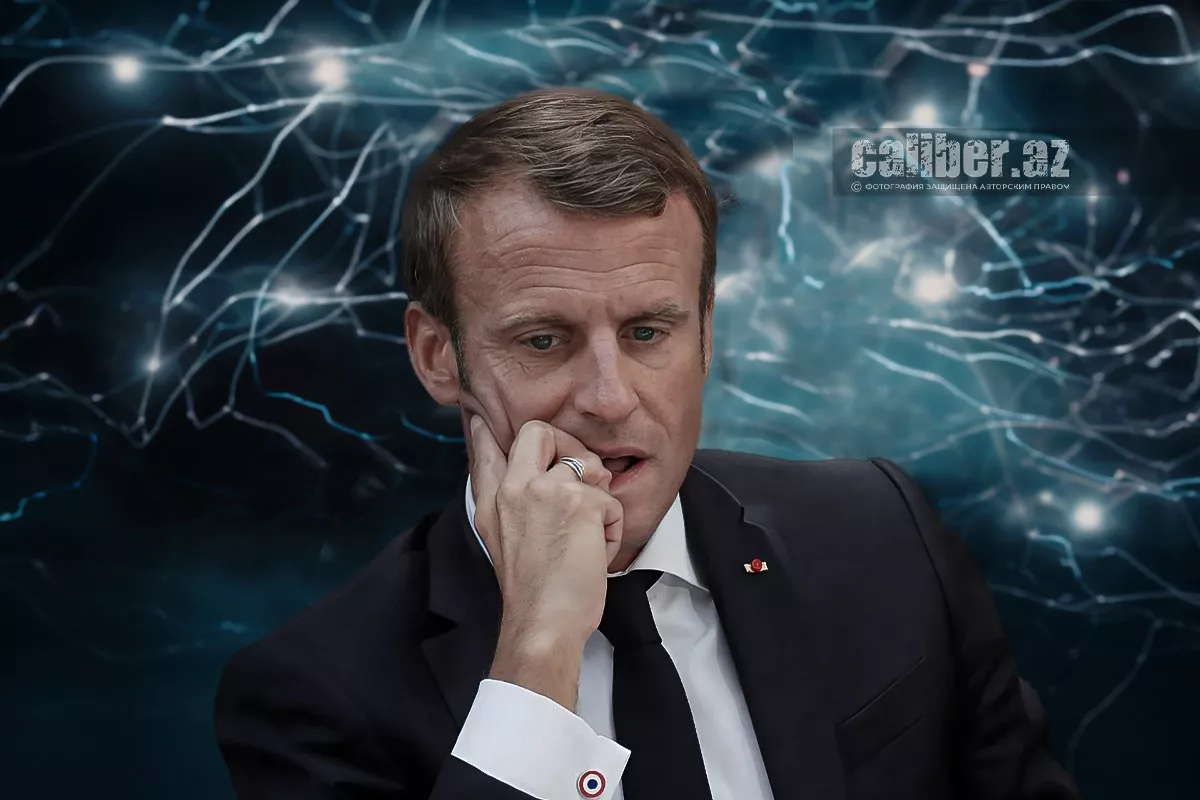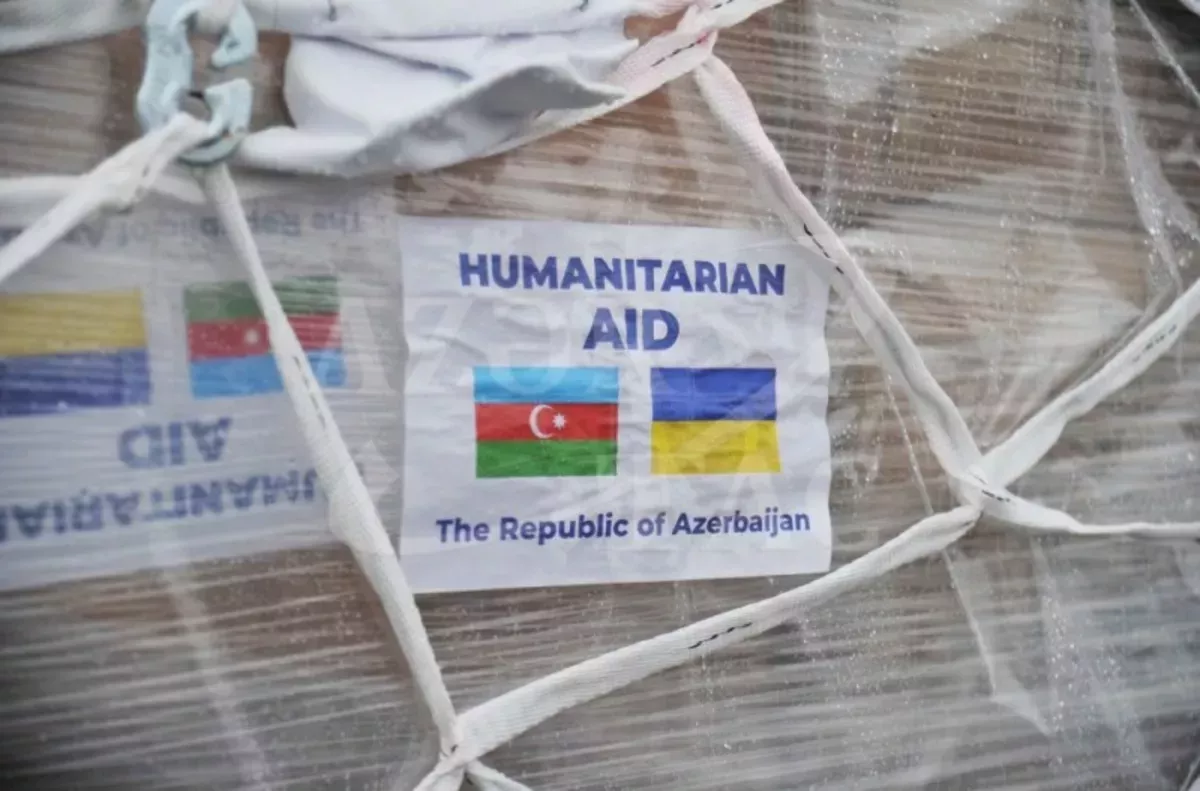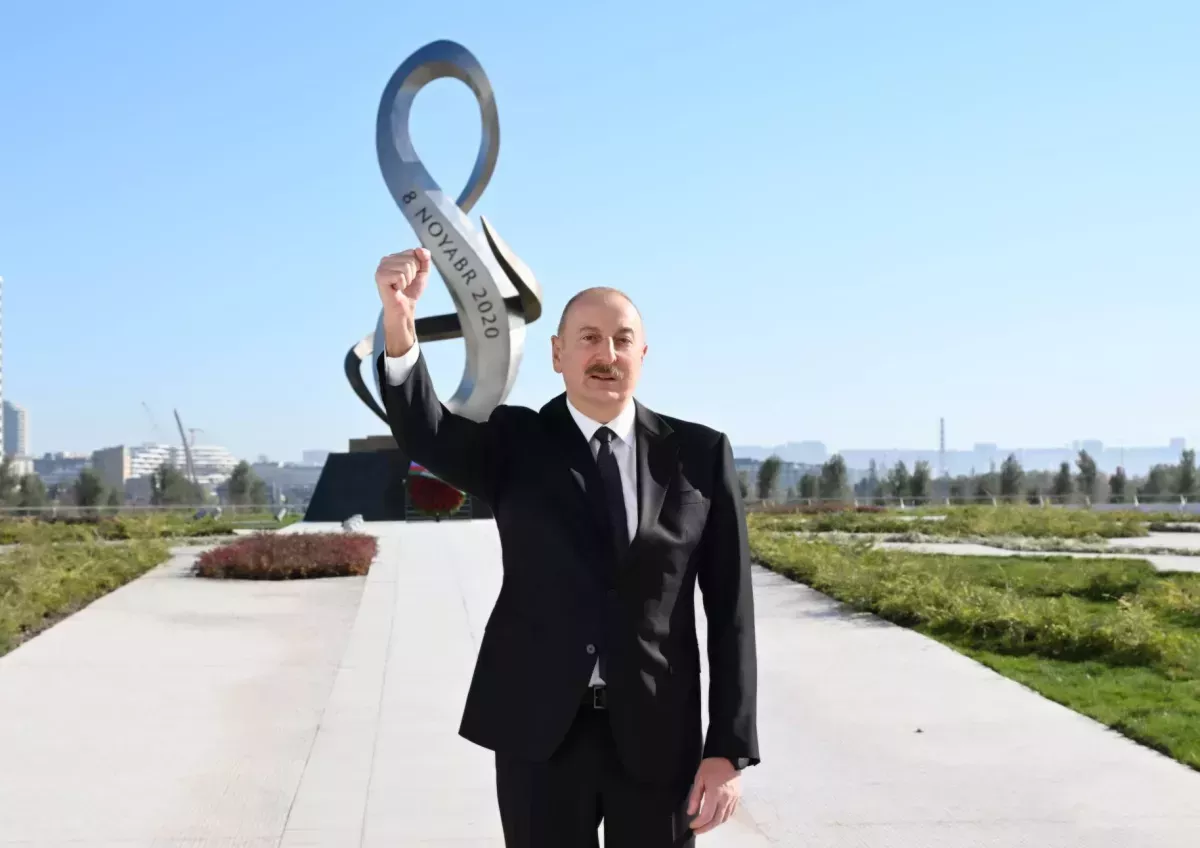Kasparov’s hypocrisy on display The former champion’s duplicity as a strategy
Baku-born former world chess champion and now Russian opposition politician Garry Kasparov criticised NATO’s position on Ukraine at the Halifax International Security Forum, with the video posted on the forum’s YouTube channel.

According to him, Ukraine today is the only force restraining the Russian army and preventing it from advancing further into Europe: “It is not about how many weapons you have. It is are you willing to fight and die. 'You have a Canadian brigade in Latvia'. What's the order for this brigade? Will they shoot if Russians cross the border? We know the answer: it will take ages to negotiate.”
Kasparov also recalled that the North Atlantic Alliance was created to protect a free Europe from Soviet aggression, but today “it is a fake”, and only one country is doing this job by “shielding Europe”: “If not for Ukraine, Russian tanks would be already in Poland. ... And we are still discussing should we include them into NATO or not?”
The former champion also emphasised that it is only thanks to Ukraine that Russia has so far been unable to realise its dream of restoring the empire: “But if, God forbid, Ukraine is forced to make this 'deal', then, very clear, Putin will realize his dream.”
Personally, I fully support everything Kasparov said. To start with, we have repeatedly heard statements from various Russian politicians indicating that, in reality, they do not take the sovereignty and independence of the former Soviet republics seriously. We also regularly witness Russian TV channels promoting the false thesis that “these independent states never had statehood.”
We have not forgotten August 2008, when Russian tanks were stationed just a few dozen kilometres from Tbilisi, and when Russia recognised the “independence” of South Ossetia and Abkhazia. Before our eyes, we also see how Russia supports separatism in Transnistria, where a large Russian military base is located.

In other words, Russia does not respect the principle of territorial integrity. It considers itself entitled to redraw the borders of independent countries at its own discretion. The annexation of Crimea, support for separatism in Donbas, and the ongoing war against Ukraine for more than three and a half years are proof of this.
Kasparov is absolutely right that only the heroism and courage of the Ukrainian Armed Forces and the Ukrainian people have halted Russia’s plans to invade several European countries—countries that, in turn, can do little more than express “deep concern” when Russian drones cross their borders.

We have seen this more than once, but a recent example is French President Emmanuel Macron, who twists and turns like a snake on a hot pan, constantly changing his position on sending French troops to Ukraine. These St. Vitus-like dances by the president of the Fifth Republic only underscore the tragedy of modern Europe: some Old World countries are led by outright political pygmies.
Against the backdrop of these erratic moves by European politicians, Azerbaijan’s position appears even more consistent. Yes, the Republic of Azerbaijan does not provide military assistance to Ukraine—Baku’s neutrality on such matters remains unchanged—but it constantly sends humanitarian aid to the country, including support for the restoration of Ukraine’s energy infrastructure, which is vitally important in wartime.

Moreover, the Azerbaijani state has repeatedly made its clear position on the sovereignty and territorial integrity of Ukraine known. In an interview with Al-Arabiya, President Ilham Aliyev stated: “ from the very first days of the Russian invasion of Ukraine, supported Ukraine's territorial integrity and continue to support it.”
All of this, of course, causes strong discontent in Moscow, but this is precisely where the courage and principled stance of the Azerbaijani president lie: he always firmly and openly demonstrates support for international law. These qualities make Ilham Aliyev one of the most outstanding political figures of our time.
Returning to Kasparov, I should note that, while I generally acknowledge the correctness of his criticism of NATO and his accusations of cowardice against European countries, I cannot help but ask a simple question: “Why was Garry Kimovich not equally logical, emotional, and consistent in criticising most of the international community, which silently watched for nearly three decades as Armenia occupied 20% of Azerbaijan’s territory?”
During that period, the countries co-chairing the OSCE Minsk Group— the United States, Russia, and France—were making every effort to maintain a status quo favourable to Armenia, ignoring its violations of international law and the principle of territorial integrity enshrined in the UN Charter and the Helsinki Final Act.
Moreover, in the year of the Khojaly genocide and the occupation of Shusha and Lachin, the United States passed the 907th amendment to the Freedom Support Act. In essence, these were sanctions targeting the country suffering from the occupation. Throughout the entire conflict, Armenia, by contrast, was never subjected to any sanctions by either the United States or the EU.

Unlike Ukraine, Azerbaijan did not receive hundreds of billions of dollars in military and economic aid. On the contrary, during the 44-day war in the autumn of 2020, many European countries exerted pressure on official Baku, and the French Senate, after Azerbaijan’s victory, adopted a shameful resolution recognising the “independence” of the so-called “NKR.” Nevertheless, Azerbaijan restored its territorial integrity and sovereignty on its own, relying on Article 51 of the UN Charter.
Throughout all this time, we did not hear a single word of support for the country’s rightful actions from Garry Kasparov, even though Azerbaijan is his homeland. He was born in Baku and benefited from the support of the entire republic and the national leader of the Azerbaijani people, Heydar Aliyev, without which he could never have reached the pinnacle of the chess world.
It seems that regarding the now-defunct Karabakh conflict, Kasparov prioritised not the triumph of justice and international law but his own ethnic affiliation. Therefore, when listening to his emotional statements on the Russia–Ukraine war, one cannot ignore his duplicity. To preach, one must first study the commandments—and the former chess champion observes them, to put it mildly, only selectively, and very, very fragmentarily.








